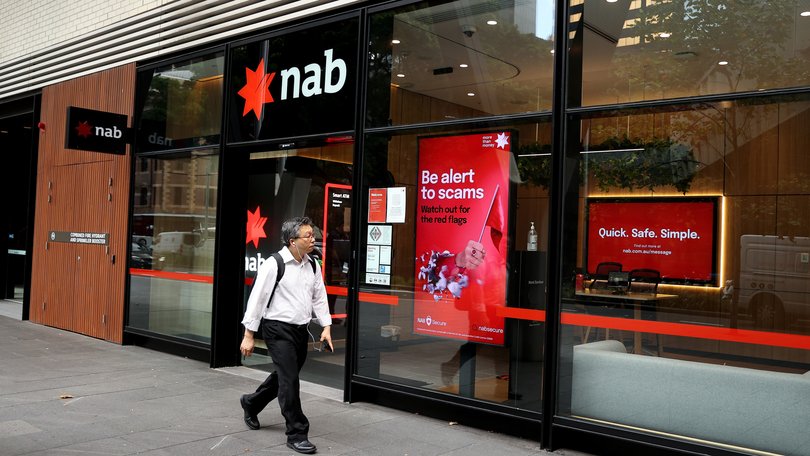Business conditions slide to four-year low, NAB survey shows
NAB survey reveals mounting pressure on firms as trading weakens and costs rise, raising fresh questions over the RBA’s decision to hold rates.

Business conditions have dropped to their weakest level since the 2020 pandemic shock, according to National Australia Bank’s survey of firms in the second quarter, raising fresh concerns about Australia’s economic momentum.
Weaker trading and employment conditions saw the index drop to zero for business conditions, while profitability remained in negative territory for the second consecutive quarter.
Confidence rose slightly but remains below average at -1 index point, though it is now at its highest level since late 2022.
Sign up to The Nightly's newsletters.
Get the first look at the digital newspaper, curated daily stories and breaking headlines delivered to your inbox.
By continuing you agree to our Terms and Privacy Policy.Conditions were weakest in retail and wholesale, where firms saw an inability to pass on costs. The survey found wholesale prices were rising, growing at three per cent annually, but retail prices were heading in the opposite direction, falling toward two per cent annualised growth. Retail price growth slowed to 0.6 per cent in the quarter, the weakest since early 2021.
The biggest constraint for businesses in the second quarter was wage costs, with nearly 60 per cent of businesses citing it as an issue affecting confidence.
Pressure on margins was the next most cited constraint, with 49 per cent of businesses affected.
NAB said forward orders and capex plans had improved slightly, though capacity utilisation slipped to 82.3 per cent, continuing a gradual downward trend. This weakening in utilisation, a key proxy for demand, potentially compounds criticism of the Reserve Bank of Australia’s decision last month to hold interest rates at 3.85 per cent, despite growing market expectations for a cut.
Following that rate call, RBA Governor Michele Bullock acknowledged ongoing cost pressures and subdued investment appetite among firms, consistent with the NAB survey’s findings. However, she said the RBA was “still not really seeing” domestic business conditions deteriorate as much as expected from global trade turmoil.
Labour costs remained flat at one per cent quarter-on-quarter, while purchase costs edged slightly lower. Final product prices held steady at 0.4 per cent growth, suggesting firms are absorbing more of the cost burden as competition and weak demand constrain their pricing power.
Mining was the standout performer, with business conditions in the sector surging 35 index points. Transport, business services and property also recorded gains.
Conditions in Victoria and South Australia remained in negative territory, while Queensland continued to lead the pack. New South Wales slipped, while Western Australia improved slightly.
NAB’s forward-looking indicators also painted a mixed picture. Expected business conditions over the next 12 months ticked up marginally, and forward orders rose modestly but remained below long-run averages.
Although confidence has now posted two consecutive quarters of improvement, the ongoing weakness in actual conditions underscores the fragility of the recovery.
With inflation easing and growth indicators softening, the survey will increase expectations of a rate cut next month.

